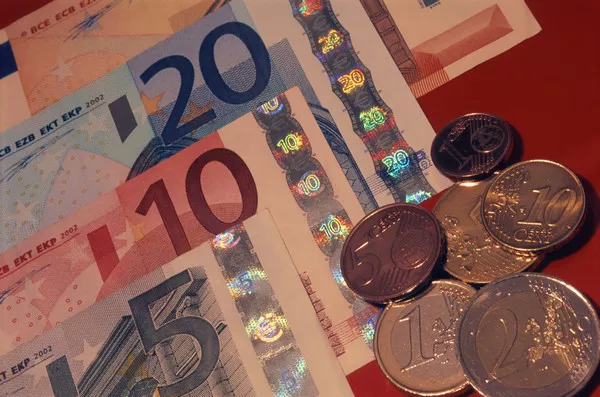Poland is one of the largest countries in Central Europe, with a population of over 38 million people. Despite being a member of the European Union (EU) since 2004, Poland has not yet adopted the euro as its currency. This decision has sparked debates among economists and policymakers, with some arguing that it is detrimental to Poland’s economic development, while others defend it as a wise choice for the country’s long-term interests. In this article, we will explore the reasons why Poland has not adopted the euro and examine the challenges it faces in deciding whether to join the currency union.
EU accession and convergence criteria
When Poland joined the EU in 2004, it committed itself to eventual adoption of the euro. However, before joining the currency union, new member states must meet certain economic conditions known as convergence criteria. These criteria were established to ensure that countries are sufficiently integrated into the EU economy and have sustainable economic growth rates and low levels of inflation and government debt.
Poland has made significant progress towards meeting these criteria and has been praised by the European Commission for its efforts. However, the country’s high budget deficit and public debt levels have prevented it from meeting the criteria in full. Moreover, the Polish government has shown little interest in adopting the euro in the near future, citing concerns about the potential impact on its economy.
Benefits and drawbacks of euro adoption
The adoption of the euro can bring several benefits to a country, including lower transaction costs, increased trade, and improved investor confidence. By using a common currency, businesses no longer have to worry about exchange rate fluctuations, which can be particularly important for small and medium-sized enterprises that export goods and services. Moreover, the euro provides a stable store of value and can help reduce inflationary pressures.
However, euro adoption also comes with several drawbacks. Firstly, countries lose control over their monetary policy when they adopt the euro, as interest rates and other monetary tools are set by the European Central Bank (ECB). This can be problematic if a country experiences an economic shock that requires a specific policy response. Secondly, a common currency can exacerbate economic imbalances between countries, as there is no longer an option to devalue one’s currency to regain competitiveness. This has been seen in countries like Greece and Italy, which have struggled to compete within the eurozone due to their high labor costs and inefficient economies.
Poland’s economy and the role of the złoty
Poland has enjoyed robust economic growth in recent years, with GDP expected to grow by 4.3% in 2021 despite the COVID-19 pandemic. The country’s economic success has been attributed to its flexible exchange rate regime, which allows the złoty to depreciate when necessary to maintain competitiveness. This has helped Poland to boost its exports, attract foreign investment, and keep inflation under control.
Moreover, Poland has been able to pursue an independent monetary policy, which has allowed it to respond to domestic economic conditions without being beholden to ECB policies. While this has limited Poland’s ability to benefit fully from eurozone membership, it has also provided the country with greater economic flexibility and resilience.
Political considerations and public opinion
Apart from economic factors, there are also political considerations that affect Poland’s decision on whether to adopt the euro. Some politicians and analysts argue that joining the eurozone would entail a loss of sovereignty and could undermine Poland’s national identity. Others question the stability of the eurozone itself, pointing to the debt crisis in Greece and other southern European countries as evidence that the currency union is not functioning properly.
Public opinion in Poland is also divided on the issue, with polls suggesting that around 40-50% of Poles support euro adoption, while a similar percentage are opposed. Many ordinary Poles are concerned about the potential cost of adopting the euro, including higher prices for goods and services and a potential loss of jobs. Others believe that joining the eurozone would strengthen Poland’s position within the EU and bring it closer to other Western European states.
Conclusion
In conclusion, Poland’s decision not to adopt the euro is based on a combination of economic, political, and social factors. While there are benefits to joining the currency union, Poland has chosen to maintain its independence and flexibility, at least for the time being. However, the euro remains an important issue in Polish politics and is likely to be revisited in the coming years as the country continues its economic and political integration with the rest of Europe.


